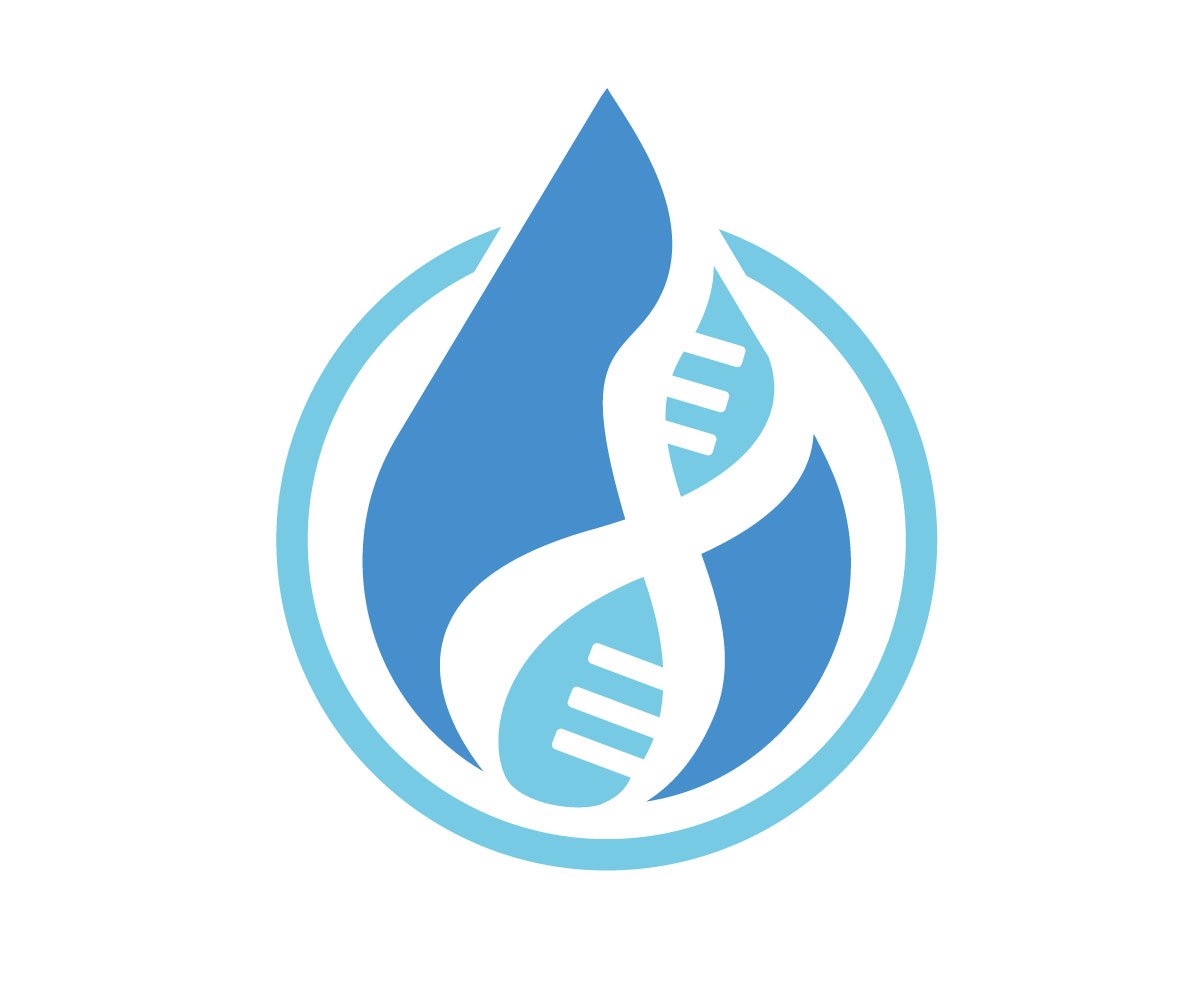How can a genetic counselor help someone after a DNA surprise?
I was recently invited to share my perspective and expertise in the DNAngels newsletter, a non-profit organization I deeply respect for the support they offer to individuals on family-finding journeys. I’ve included that piece, How can a genetic counselor help someone after a DNA surprise?, here on the blog so it can reach anyone who may benefit from it, and so readers can learn more about DNAngels and a few other nonprofit organizations in the DNA family search and surprise DNA discoveries spaces.
Three of these organizations—Right To Know, NAAP, and DNAngels—are coming together March 19-22, 2026 for the Untangling Our Roots Summit. This is a gathering dedicated to learning, connection, and community for anyone impacted by DNA discoveries. It brings together experts, lived-experience voices, and helping professionals for several days of thoughtful discussion and healing-focused programming. Early bird tickets have just gone on sale and are expected to sell out quickly. You can learn more and register at the summit website.
How can a genetic counselor help someone after a DNA surprise?
by Brianne Kirkpatrick Williams, MS, LCGC
Genetic counselors are healthcare professionals trained in both medical genetics and counseling. Most are comfortable answering questions about the health implications of DNA test results. This includes what conditions may run in families, what risks might exist for relatives, and when medical follow-up is recommended.
But surprise DNA discoveries aren’t only about health. Many people find themselves facing new questions about family connections, identity, and whether (or how) to share genetic discoveries with relatives. While every genetic counselor learns counseling skills, some of us have chosen to develop additional expertise in this area. My work focuses on reviewing results from at-home DNA tests (like Ancestry and 23andMe) to help people move past doubt, gain clarity about where to go next, and prepare for the difficult conversations that often follow.
A genetic counselor can also connect you with support options such as mental health professionals, coaches, peer groups, and organizations like DNAngels and Right to Know. Genetic counselors are adept at navigating resources and helping people make use of a network of support to move forward on their journey.
This fall is a good time to reflect on the role of genetic counselors. November is National Family History Month, a reminder that asking for stories and history from our family members can be just as powerful as anything we learn from a DNA test.
Even in the midst of unexpected discoveries, there is value in piecing together both medical and personal history. Genetic identity doesn’t disappear when a DNA test gives more information—it evolves and develops into something new.
If you or someone you know is navigating a DNA surprise or expressing interest in starting a search for biological family, please explore this site to learn more about the support provided at Watershed DNA and sign up for the email list when you see a pop-up box invitation. Each month, we send out a newsletter with latest resources to help those with an interest in family searches and those adjusting to a surprise DNA discovery.

